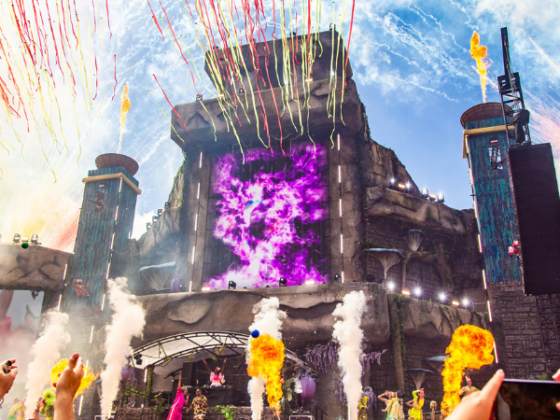FORWARDS Festival 2025 announces Doechii, Barry Can't Swim, Confidence Man and more!

Bristol’s beloved FORWARDS Festival is set to triumphantly return for 2025, bringing an electrifying lineup of international music acts to Clifton Downs on Saturday 23 and Sunday 24 August. Now…
Share



